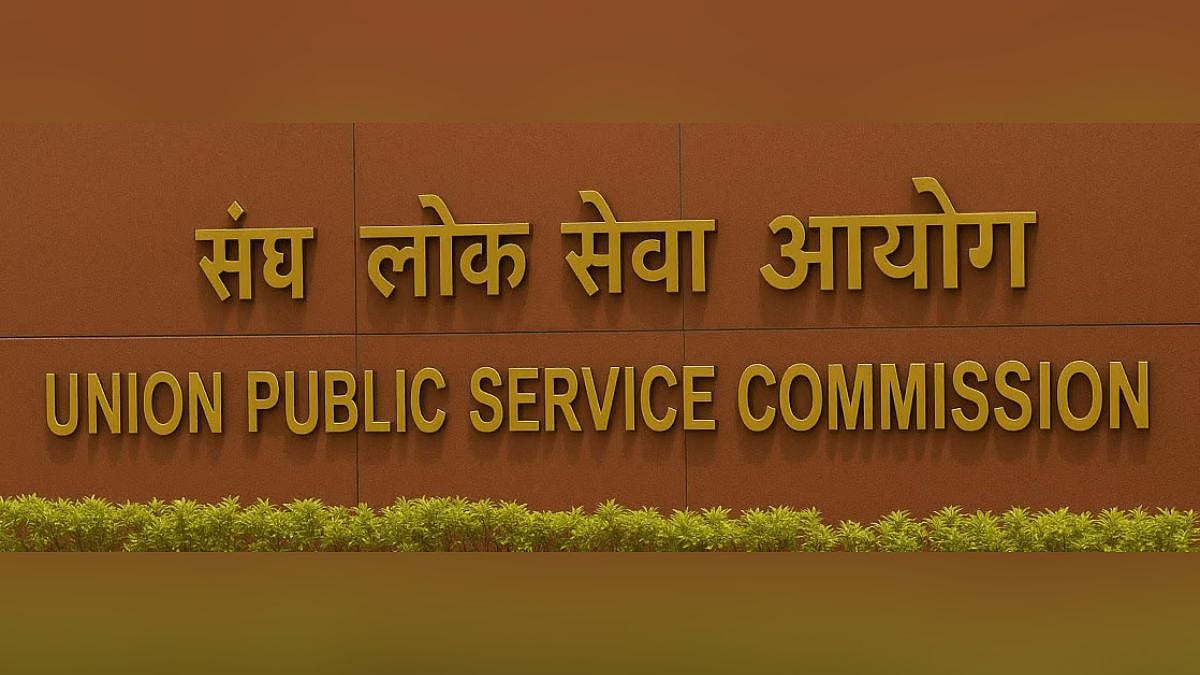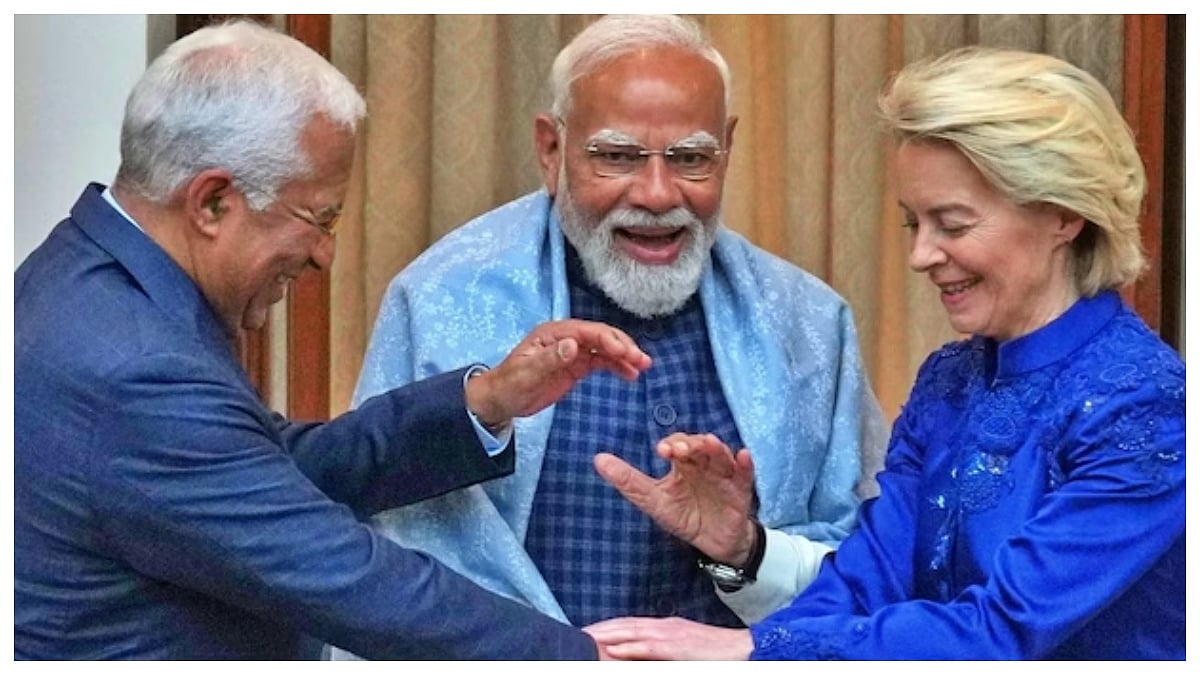Can the Aam Aadmi Party justify its overwhelming mandate in Punjab by living up to its electoral promises? The challenge is far more difficult than the one it faced in Delhi, and will certainly require the cooperation of the Modi government at the centre.
To their credit, Arvind Kejriwal and his team have shown that they are new-age politicians, who know that power cannot be an end in itself. Like the BJP under Narendra Modi, they understand that power is more easily gained than retained, as increasingly discerning electorates have no hesitation in punishing regimes that do not deliver.
In the capital, AAP leveraged the Anna movement, disgust, and fatigue with the scam-ridden Congress that had ruled for 15 years and the near absence of credible local-level BJP leaders (the stalwarts of yore, like Madan Lal Khurana, were gone and never replaced).
It positioned itself as a force for change, and made a laundry list of promises. Most were never achieved: the Yamuna is still a giant sewer, the garbage mountains in the city grow higher every year, there’s no public wifi, the promised eight lakh jobs never materialized, Delhi’s rich architectural heritage is still a picture of neglect, solar power has not caught on, the target of two lakh toilets floundered miserably and water woes continue to dog consumers in summer.
But AAP differentiated itself from other governments by focusing on high-visibility sectors, i.e; those impacting the day-to-day lives of citizens: health and education, and power and water. By delivering a robust public health infrastructure, improving schools, and subsidising electricity and water supply, it gained the confidence of Delhi’s denizens and returned to office in 2020.
In Punjab, even more than Delhi, AAP epitomized the ‘hope’ factor. Its thumping win was a direct outcome of a psyche of collective despair. Successive governments had failed to address the trifecta of agrarian, ecological and social crises, and were punished for it.
But Punjab is not Delhi. Its GSDP (gross state domestic product) is considerably lower and population considerably higher. With a debt burden of Rs 2.8 lakh crore, it has the highest debt-GSDP ratio in the country, whereas Delhi has among the lowest. Punjab’s per capita income stands at Rs 1.15 lakh as opposed to Rs 3.54 lakh for Delhi.
Punjab also has the highest per capita expenditure on salaries and pensions and the lowest per capita capital expenditure. Its debt servicing liabilities are almost on par with its annual borrowings. Interest payments are more than 20 per cent of its budget. As AAP’s Raghav Chadha pointed out in the course of campaigning, per capita debt stands at Rs 1 lakh. Going by AAP’s promises, it is conscious of Punjab’s freebie culture. If it sticks to its mandate, it will not cut subsidies, which leaves it very little wiggle room for more subsidies, or indeed, for development expenditure of any kind.
This includes raising a regulatory force to tackle the rampant drug menace in the state, one of its key pre-poll promises. Building 500 mohalla clinics in dense Delhi is not the same as providing 16,000 such clinics in Punjab. Adding Rs 12,000 crore to the state’s subsidy bill on account of a Rs 1000 per month payout to all the adult women in Punjab will further strain its failing finances. Not to mention hiking pay scales of Anganwadi and health workers and compensating the families of those who died during the COVID-19 pandemic. Kejriwal has attempted to blunt criticism of his poll promises with rhetoric, but voters are bound to say “show me the money."
Subsidizing water and power in Delhi is a far cry from providing freebies to all 35 lakh households in Punjab. The state’s power subsidy is the root cause of its snowballing financial crisis; today, many village households prefer electricity to cooking fuel, because it’s free! Chief Minister Bhagwant Mann proposes to fill up 25,000 government jobs, including those in the police, in a state where salaries of government employees are chronically delayed.
Recently, teachers had threatened an agitation if their salaries were not paid and pending dues cleared. The answer is to create jobs in the private sector and inculcate a culture of entrepreneurship. But, Punjab ranks among the lowest in ease of doing business.
The state has seen steady deindustrialization since the turn of the millennium. To reverse this trend, the AAP government will have to create attractive conditions: access to land at a reasonable cost, cheap power and water, a friendly taxation regime, and most of all, infrastructure. All this, while keeping the farmers of the state happy. That the new Punjab government will need the aid of the centre to tow itself out of the financial quagmire goes without saying, but it will also need to usher in agricultural reforms. A rather difficult exercise, given that AAP supported the anti-reforms agitation in Punjab, Haryana, and Delhi.
In effect, this means AAP is opposed to private mandis for the state’s main crops, wheat, and rice. This renders it dependent on the centre for procurement of farmers’ output. With the centre already expanding its procurement base to other states and imposing district-wise limits on lifting produce in Punjab, the party will have to rethink its stand. In a way, Punjab is a make-or-break exercise for AAP.
It will have to script a turnaround of the state’s economy to deliver on its ‘kasme vaade’. Failure will impact its fortunes in other states.
(The writer is a senior journalist with 35 years of experience in working with major newspapers and magazines. She is now an independent writer and author)










